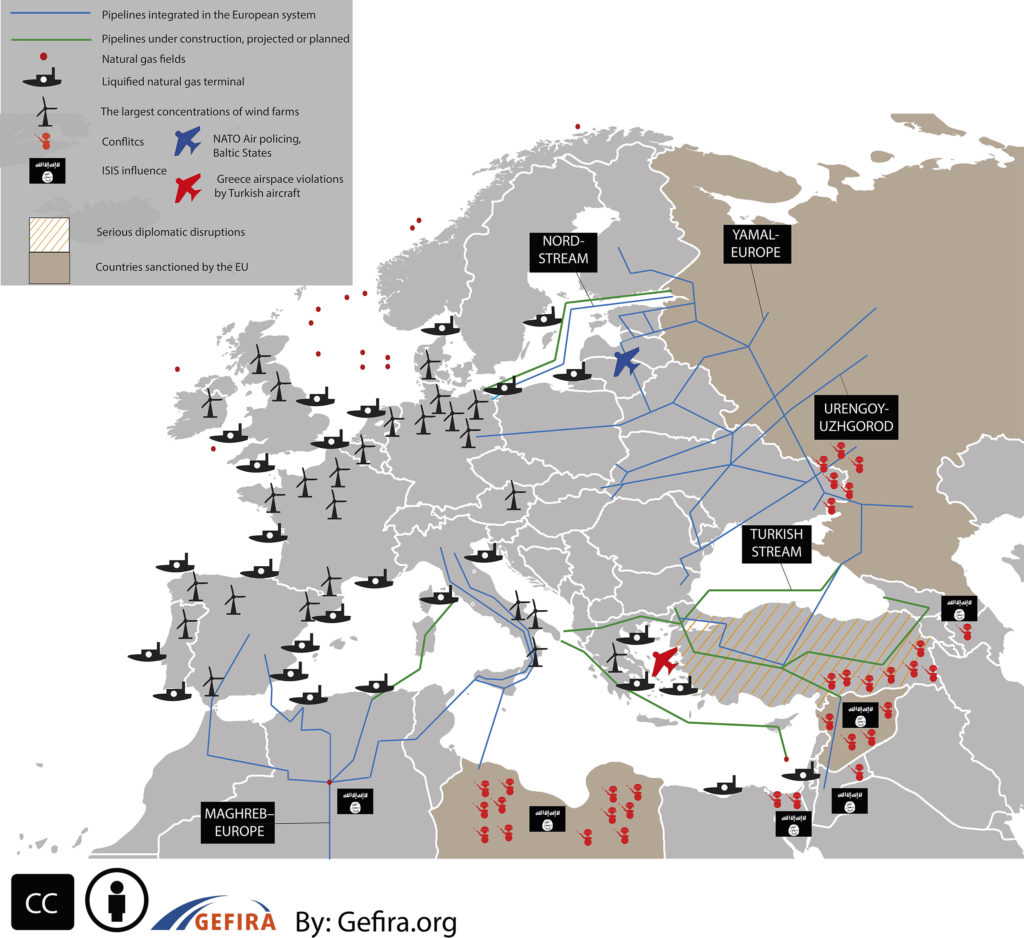After the resignation of Ted Cruz and John Kasich in the race for the Republican Party presidential nomination, Donald J. Trump as the only remaining GOP candidate is on a collision course with Hillary Clinton.
The GEFIRA team is the only European analyst group that was NOT surprised by that fact, since we claimed already in August that “The world should prepare for Mr. Trump as the next president of the USA”. Continue reading






![By Karl wilhelm Wach (http://www.nodulo.org/ec/2007/n066p13.htm) [Public domain], via Wikimedia Commons](https://gefira.org/wp-content/uploads/2016/04/Clausewitz-150x150.png)












